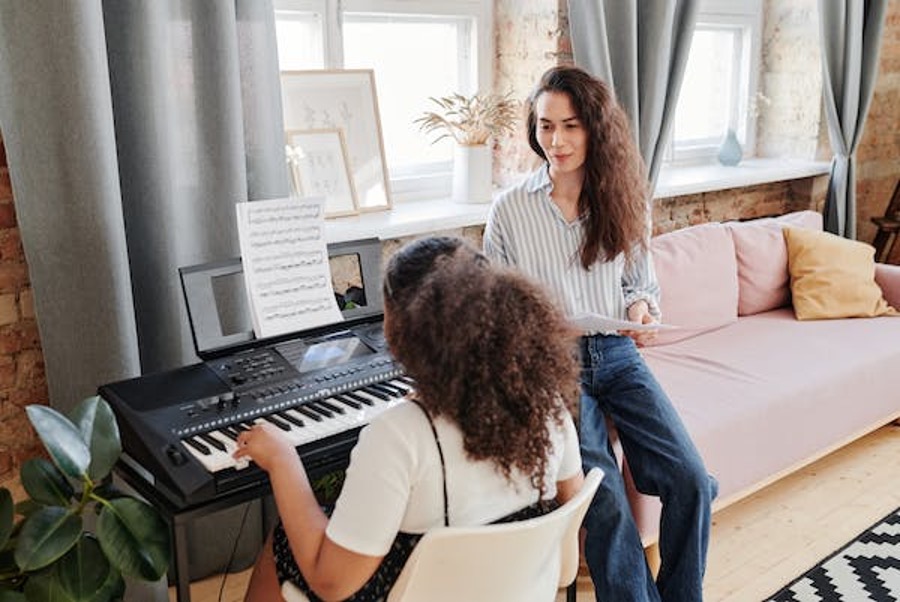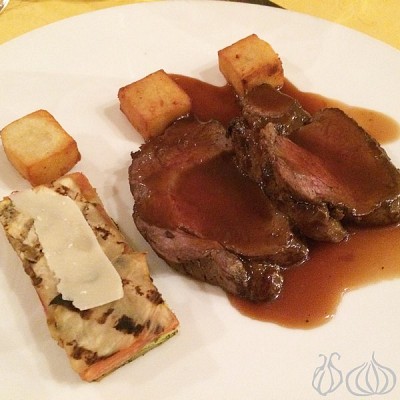The piano is a beautiful and versatile instrument. It has charmed music lovers for years. Both young and old want to learn its secrets and enjoy making music.
Learning to play the piano is exciting. It's about hitting the right notes and exploring your feelings, expression and personal growth.
This guide shares secrets to help young pianists. It gives invaluable tips and tricks tailored for the budding pianist. Moreover, it aims to transform their playing from a series of notes into a rich and expressive narrative.
1. Establish a Solid Foundation
Playing piano starts with the basics. In this case, Music theory is your map; it helps you understand the music language.
Learn about essential signatures, scales, and chords. They reveal the secret patterns in songs. Knowing the basics helps you see music as more than just notes—it's a mix of tunes, beats, and chords woven together.
Getting your hands and fingers positioned right is also crucial. Good technique helps you play correctly and avoid getting hurt.
Practice specific drills to make your fingers strong, agile, and independent. Paying careful attention to basics sets you up for advanced skills and helps you value the art of piano playing.
2. Embrace the Power of Practice
Practice turns potential into skill. Set aside time often to refine your technique and expand your musical horizons.
Break down parts bit by bit into manageable segments. Start with a slow tempo and gradually speed up little by little. Play all kinds of music to cultivate versatility in your playing.
Additionally, mix up your practice with activities that boost your finger power and quick moves. Try out scales, arpeggios, and drills to build strong fingers and get better at playing. These activities are super helpful.
Consistency is key. Hard work and focused practice will surely make you an awesome and all-around piano player.
3. Cultivate a Musical Ear
A good pianist can pick out different sounds in music. Work on knowing notes, gaps between notes, and tunes by listening to many songs.
Try music from all sorts of styles and years. It'll help your ear refine and appreciate different musical nuances. That way, you'll get better at interpreting and replicating tunes just the way they should sound.
Moreover, trust your ears and play simple melodies. As you get better, try playing complex songs. This will improve your listening skills and help you move your musical thoughts to the piano without trouble.
Fostering a keen musical ear will make your piano play more than just hitting the right notes. You'll play with real emotions and experience a profound connection to the music.
4. Explore the World of Dynamics
In piano music, dynamics mean variations in volume and intensity. They're like colors that a painter uses. When pianists play with dynamics, they show different feelings and moods in the music.
Dwell on the secrets of playing piano and fortissimo, exploring how changes in volume can alter the character of a composition.
Besides volume, pay attention to touch and the pressure you apply on the keys. Learn to play soft notes gently and loud notes strongly with precision.
Understanding how dynamics shape musical expression is important. It lets you add feelings into what you play and makes listeners feel the story in the music.
5. Foster a Passion for Performance
Learning to play the piano well is essential. However, knowing how to perform takes you from playing notes to sharing stories with listeners.
Start where you feel comfortable, like your own practice space. Here, you can play for people you know, such as friends or relatives. It's good for gaining confidence, refining your stage presence, and receiving constructive feedback.
As you move forward, aim to play at events like recitals, contests, or open mics. Performing for people helps you manage fear and also teaches you to emotionally connect with them.
6. Embody Musical Interpretation
Playing music is about more than just technical proficiency and mechanical execution. It's about feeling the music and playing it with heart. You're not just following directions – you're telling a story.
Get into the story behind the music. What was happening when it was written? What did the composer feel? Understanding the composer's background and the cultural milieu of the piece can profoundly inform your interpretation.
Try different ways of phasing, changing tempos, and articulation to add life to your notes. Make sure what comes out feels like it's coming from you. It should show how you feel and what you've been through.
Don't be afraid to put your spin on the tunes. Let your personality light up the music. Make those notes more than just sounds. Turn them into a personal story that grabs everyone's attention.
Consider listening to different pianists playing the same piece. It opens up your world of music and helps you learn how a song can sound in many ways, empowering you to craft a rendition that is distinctly yours.
Remember, playing the piano is more than hitting the right notes. It's about the tales you spin with each key you press. It's a journey where you discover more about yourself and grow as an artist.
Conclusion
Starting to learn piano is exciting. It means you're about to learn a lot about music and yourself. If you want to be good, you must practice, explore music dynamics, and foster a passion for performance.
As you learn the keyboard, think of how each key can express feelings, share stories, and touch listeners' hearts. We hope your piano adventure brings new discoveries, skill improvement, and delight in making lovely tunes.



































